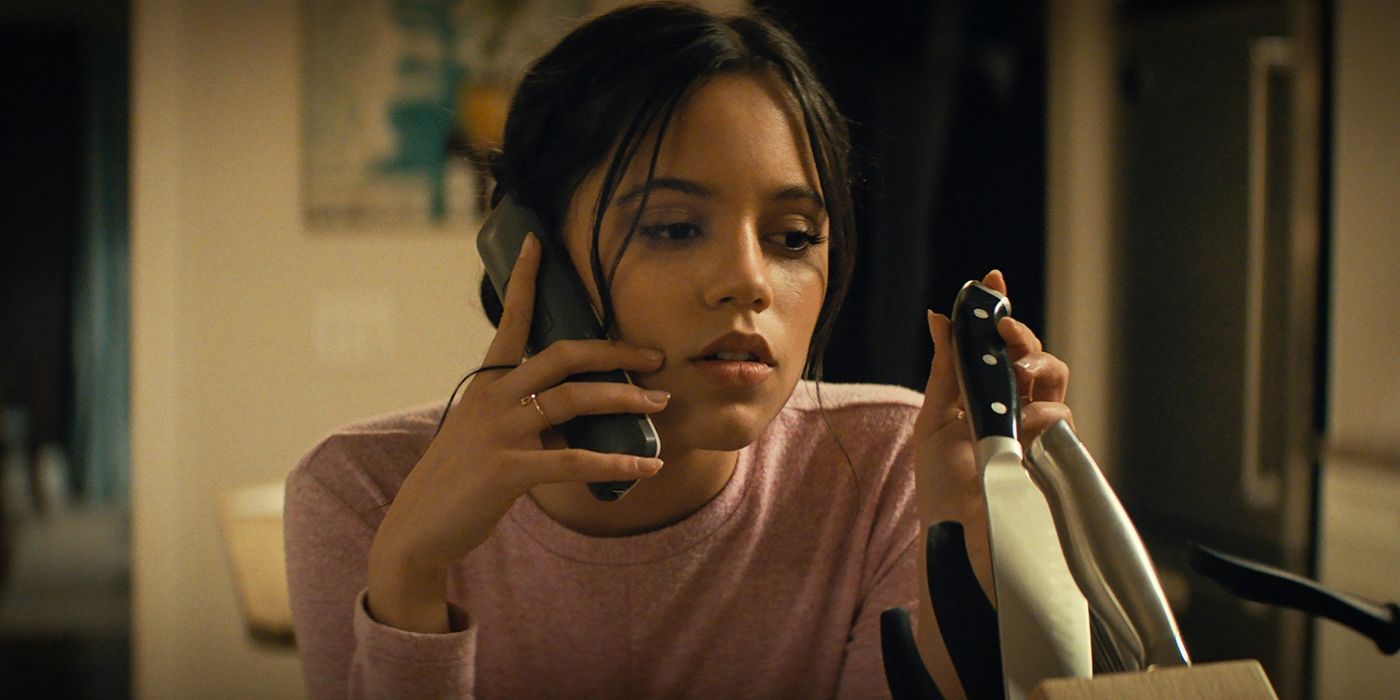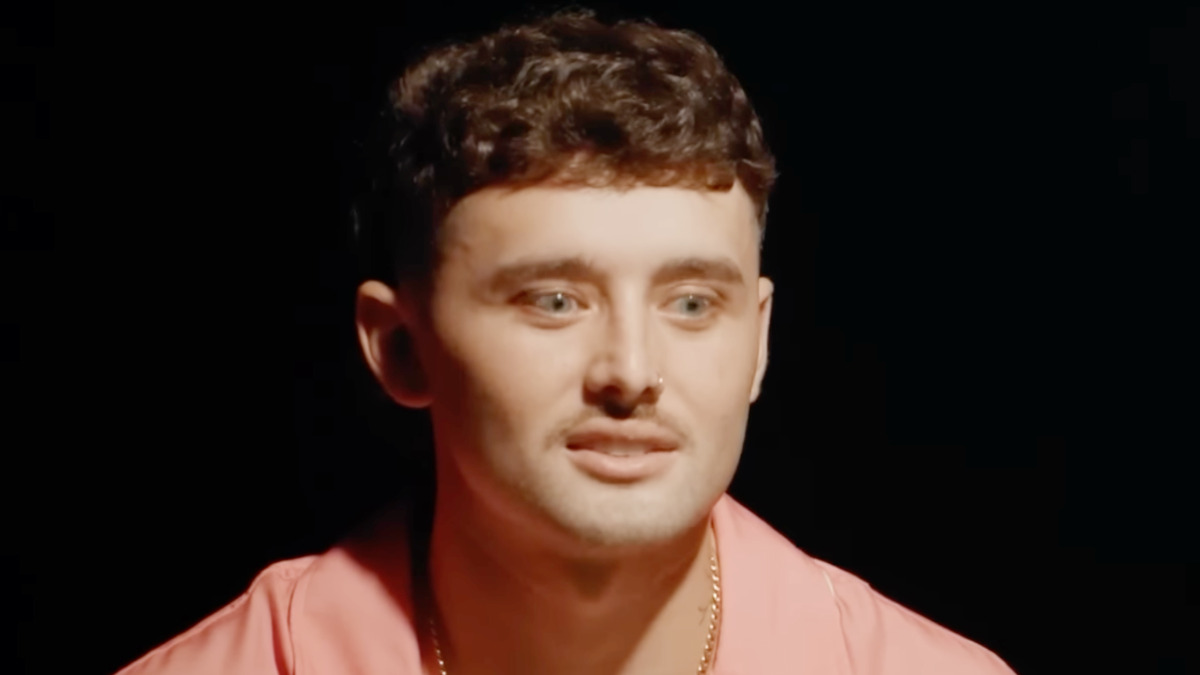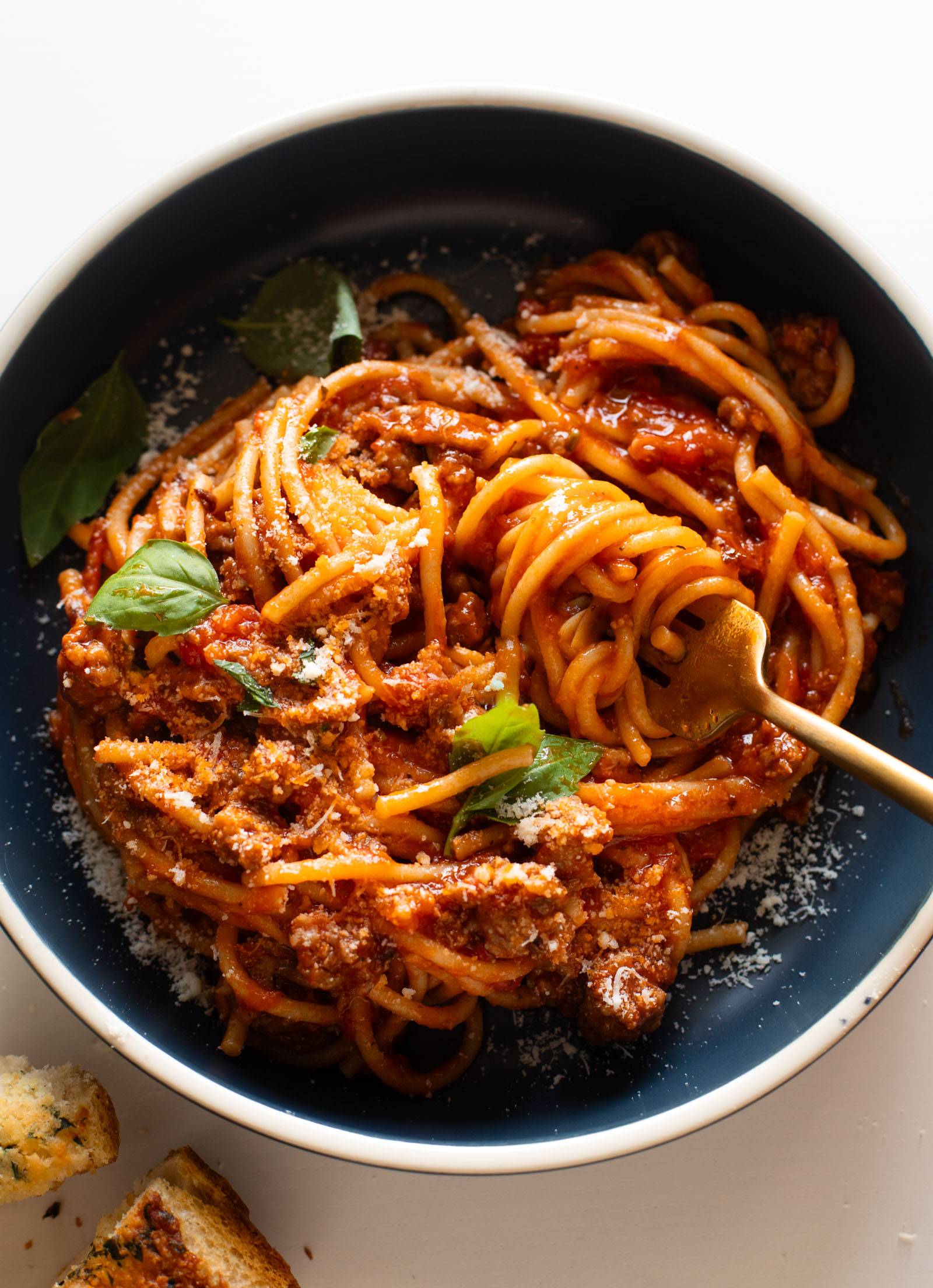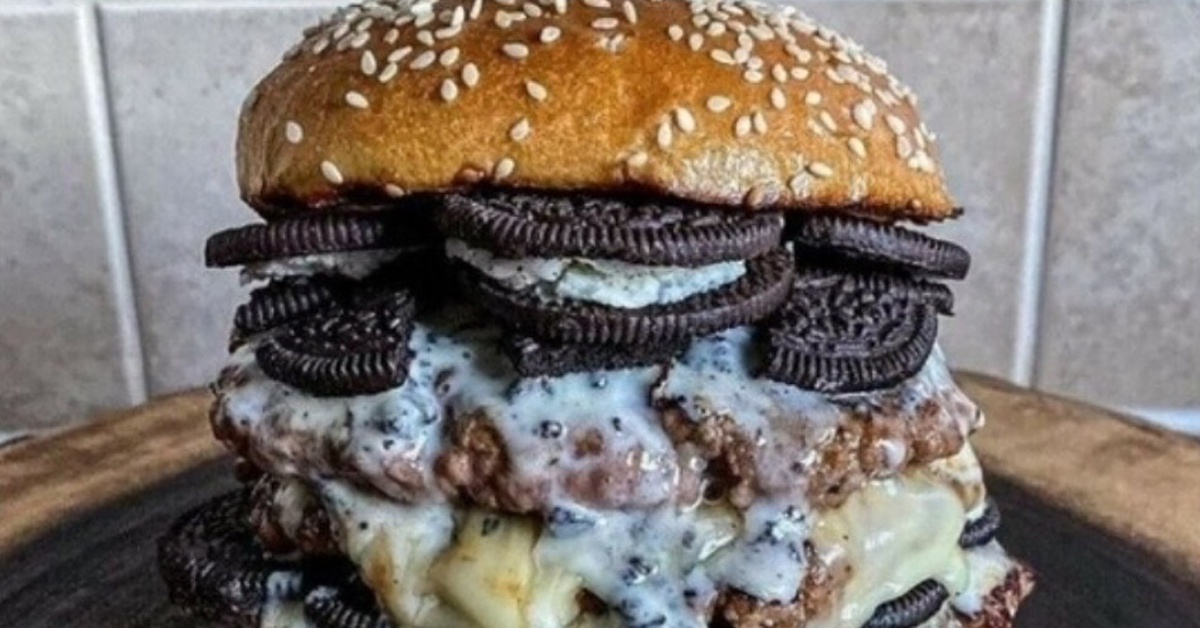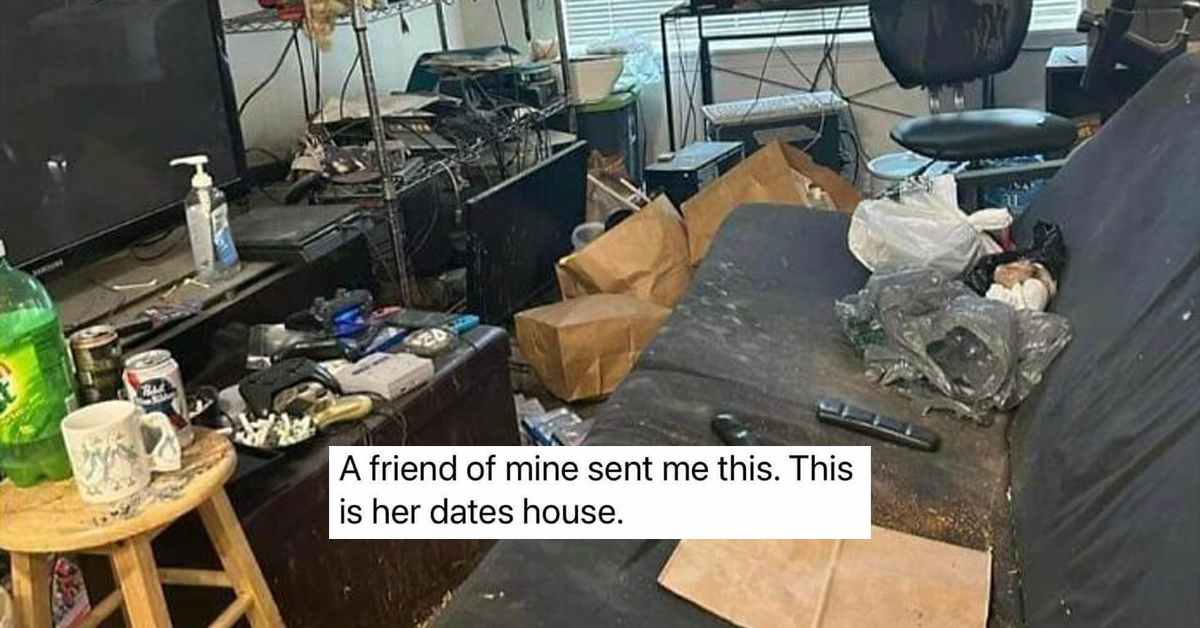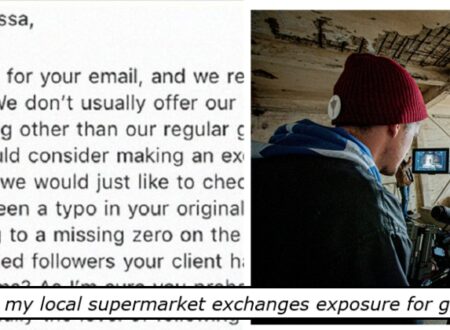Debby Friday: “I want people to see themselves in the music – if I’m a star, you’re a star too”


From the raw, jagged punk-electronica of her EPs ‘Bitch Punk’ and ‘Death Drive’ to the dark, metallic pulse of ‘Good Luck’, Debby Friday has always thrived on unpredictability. Since her monstrous rise after winning the 2023 Canadian Polaris Music Prize for the latter, the Nigerian-Canadian has been on a “go-go-go-go” schedule, thinking that working harder meant getting bigger success. But life has a funny way of forcing you to stop before your rollercoaster to the top breaks down.
After a gruelling headline world tour in summer 2023, the former NME Cover star was pushed to her limits, so stressed that she developed shingles and lost her voice mid-run. It forced her to find a new way to sing, a fresh expression of herself, and that meant embracing her natural falsetto for the first time. “I was shy about it,” she admits candidly to NME. “I just felt like that’s not my real voice.”

Where once her voice was all rasp and growl, falsetto now glides through kinetic beats pulled from Detroit techno, Gqom, baile funk and even “shoegaze dancehall” on her second album ‘The Starrr Of The Queen Life’, out today. It’s a new world for Debby, one laced with sweetness and vulnerability, bridging the gap between the fierce performer and the shy, introspective woman behind the mic. “It felt like I was becoming who I actually am,” she says.
Debby’s journey of reinvention is as much about sound as it is about self, hoping to be a mirror for listeners. She invites them into her evolving world where her electronic roots meet pop craft inspired by legends like Beyoncé, Lady Gaga and Britney Spears – but filtered through her fearless, genre-defying lens. With a wider cast of collaborators, Debby steps outside her usual world of noise and grit. ‘The Starrr Of The Queen Of Life’ is way more open, more pop, more emotional, like a sparkly dancefloor moment mixed with a late-night diary entry – wild and vulnerable all at once.
‘The Starrr Of The Queen Of Life’ feels synthy, sugary and quite different to what you’re known for – how has your sound evolved?
Debby Friday: “It’s definitely very different from a lot of my discography. It’s just a reflection of where I’m at in life right now. When I first wrote [my debut EP] ‘Bitch Punk’, I was in a totally different headspace – personal and emotional – and I had a lot of things that I needed to get out on that record. As an artist in general, I’m always trying to achieve honesty with my work and, in order to be honest, you need to reflect whatever’s happening with you at the present moment. I feel like my life is still a lot of sweetness, a lot of gentleness, and I also feel a lot more comfortable showing different sides of myself.
“It’s so funny because, when people would meet me in person and had encountered my music or had seen me live first, they’d be like, ‘Whoa I was not expecting you to be like this’. In-person, I’m actually very shy and introverted. I don’t have that same intensity if you’re just meeting me one-on-one. But, when you see me perform, I’m very emotionally intense and there’s a lot of heavy energy, depending on whatever song I’m performing. I wanted to bridge the gap a little bit between artist self and real self [on ‘The Starrr…’], showing vulnerability and trusting that you know the audience will be able to receive that.”
Genre-wise, where did you want to take this record?
“I always work through hybridity – that’s such a core part of my process. It’s still rooted in electronic music, but it’s experimenting with pop in a way that feels true to me. There’s a palpable lightness to it, a sense that whoever made this is a bit happier now. I also looked at pop legends – Beyoncé, Gaga, Britney – to understand pop craft, but I wanted to twist that into my own version. There’s post-punk energy on ‘Darker the Better’, and hip-hop influences too. I really wanted to push myself to explore genres I hadn’t touched publicly before.”

What did you take from pop legends like Beyoncé, Britney and Gaga?
“I took away some of their fearlessness and tenacity. I grew up listening to these women and always identified with what feels like their clarity of vision, no matter what kind of music they were putting out. They’re women who were often disregarded for their musical contributions, innovations because they make accessible music and because they’re so famous, which I feel is unfair. It’s actually really hard to make pop music that is good and has such global appeal and that can stand the test of time. But they’ve done it. They have so many songs in their discographies that will be played 100 years from now. I’m interested in that kind of longevity, of leaving something beautiful and true behind.”
You’ve said rock and punk were big influences – what kind of stuff were you into?
“I was an angsty teen into metal, screamo, punk. I loved The Runaways – was obsessed with them. Also, Avril Lavigne, Evanescence, Skye Sweetnam, The Donnas. But I went deeper too, researching the roots of rock, Little Richard, Chuck Berry. I wanted to understand where it all came from, leading me to jukebox joints, jazz and the full history of American music.
“Bette Davis was a big influence, though she’s more funk than rock, but it’s all connected. I’ve always listened to everything. I never excluded genres – hip-hop, electronic, anything. I love music in its entirety. I don’t know music theory, can’t read sheet music. I do everything by ear. It’s instinctive. If I hear it and I like it, that’s enough. I even listen to music in different languages. When I really love something, I go deep into it. I want to understand it: where it started, how it evolved. That curiosity has always driven me, especially with rock ‘n’ roll.”

You’ve said this album reflects a personal transition – what changed?
“When I started writing the album, I wasn’t taking care of myself, I wasn’t taking care of my body. I wasn’t taking care of my personal life either and I just ended up getting sick [with] shingles right at the end of my tour. I was so stressed out and so burnt out as well. That really scared me because that was the first time that I was ever confronted with the idea that I was pushing myself so hard to the point that I possibly could have. Everything was just so hectic after ‘Good Luck’ and winning the Polaris Music Prize and everything. I had to figure out how to live on my own terms.”
Did that affect how the record sounds?
“Every time I tour, something crazy happens. When I was in London recording the majority of the record with Darcy Baylis, I started losing my voice during performances and was like, ‘I need to figure out a different way of singing’. I had to perform at the same time [as recording] so I can’t be losing my voice here – that would have been a disaster. So, my voice comes out differently on this record. You hear a lot more of my falsetto, which is something that is new for me.
“I think I always had this capability but I was shy about it or I just felt like that’s not my real voice. I associate my voice with the raspy, growly, deeper tone but I actually do have a very natural falsetto that I often just came out.”
What’s the big-picture goal with ‘The Starrr Of The Queen Of Life’?
“I want to act as a mirror. I want people to see themselves in the music, no matter their language or background. If I’m a star, you’re a star too. Society makes us disconnect from our essence – I want to help people reconnect. To believe in themselves as much as I do. [But,] I don’t want to dictate how anyone interprets it. I just want people to have a good time listening.
Debby Friday’s new album ‘The Starrr Of The Queen Of Life’ is out now via Sub Pop Records
The post Debby Friday: “I want people to see themselves in the music – if I’m a star, you’re a star too” appeared first on NME.
What's Your Reaction?
 Like
0
Like
0
 Dislike
0
Dislike
0
 Love
0
Love
0
 Funny
0
Funny
0
 Angry
0
Angry
0
 Sad
0
Sad
0
 Wow
0
Wow
0






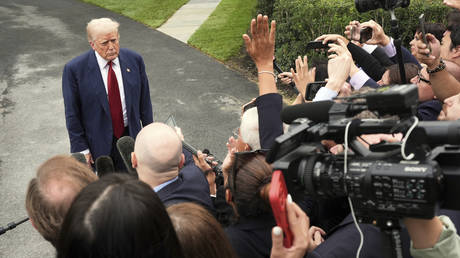








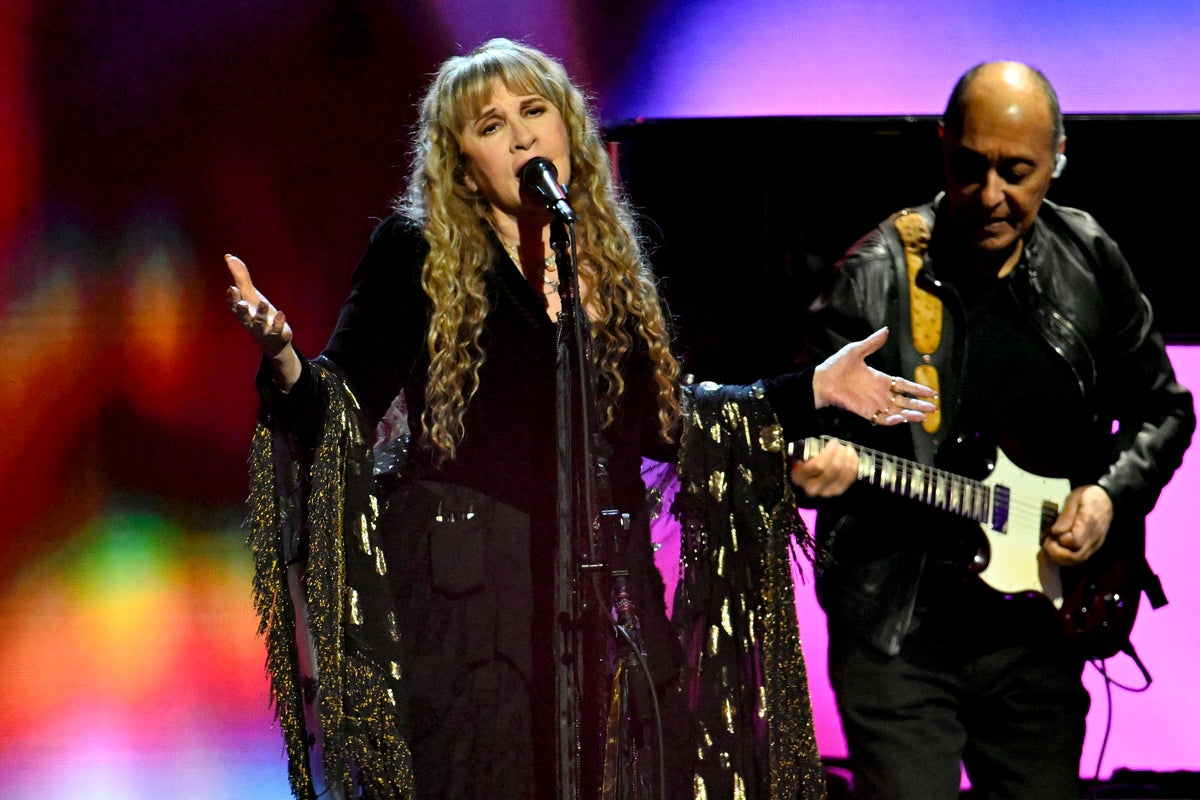








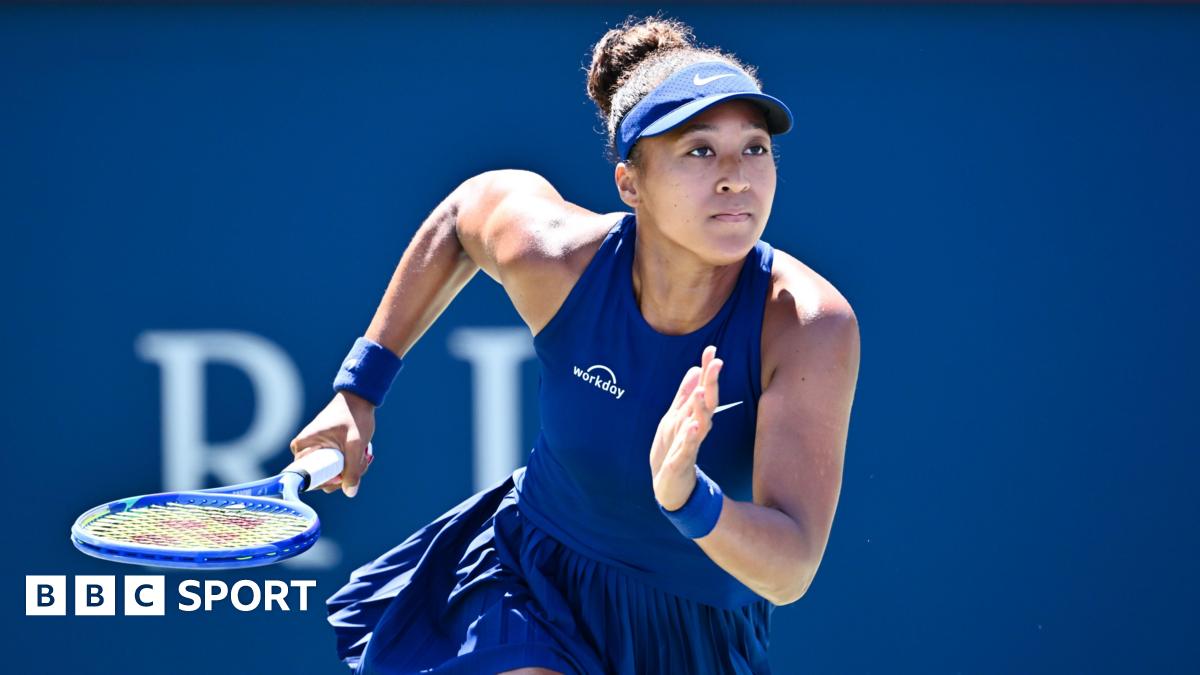


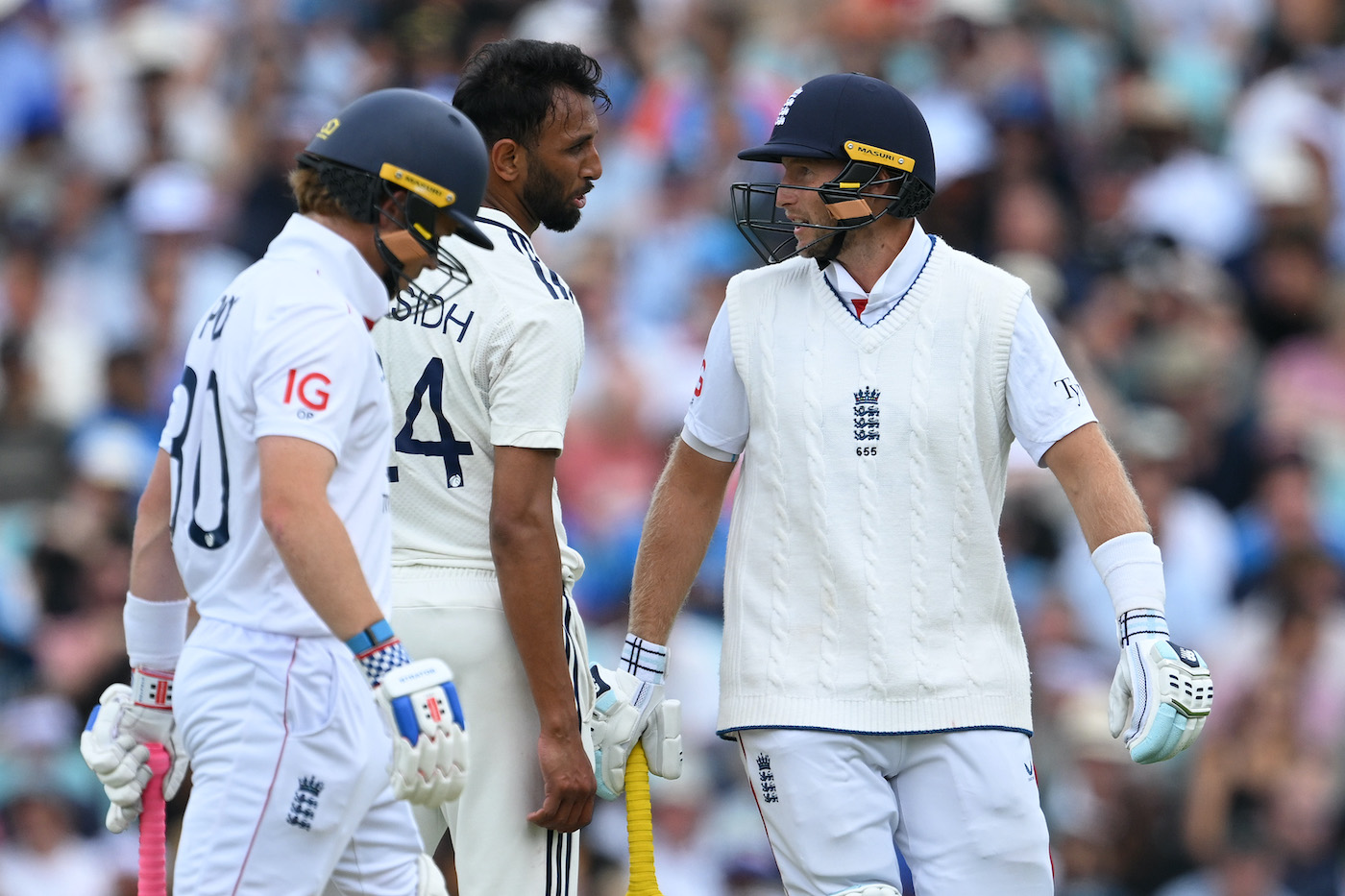


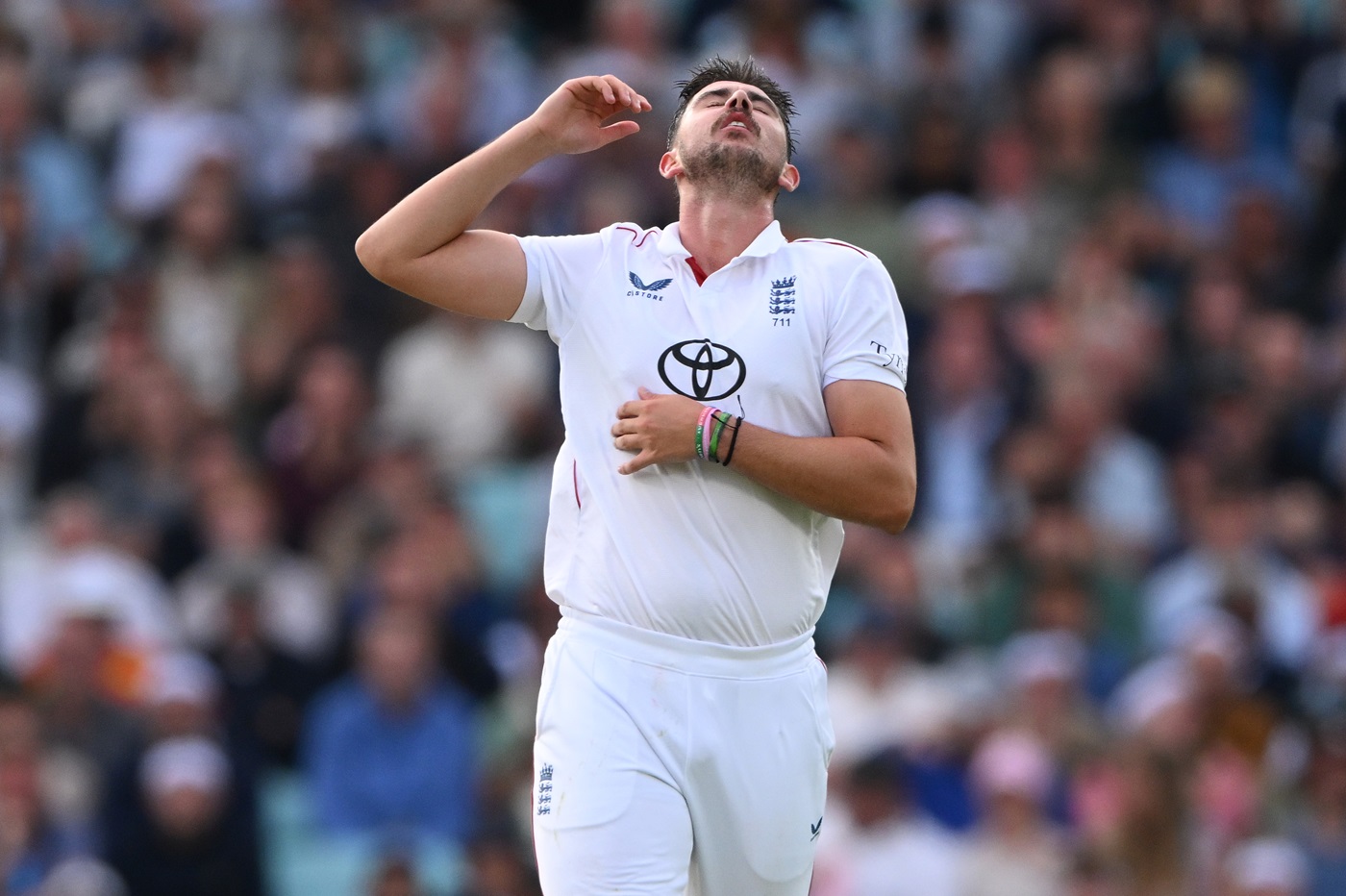
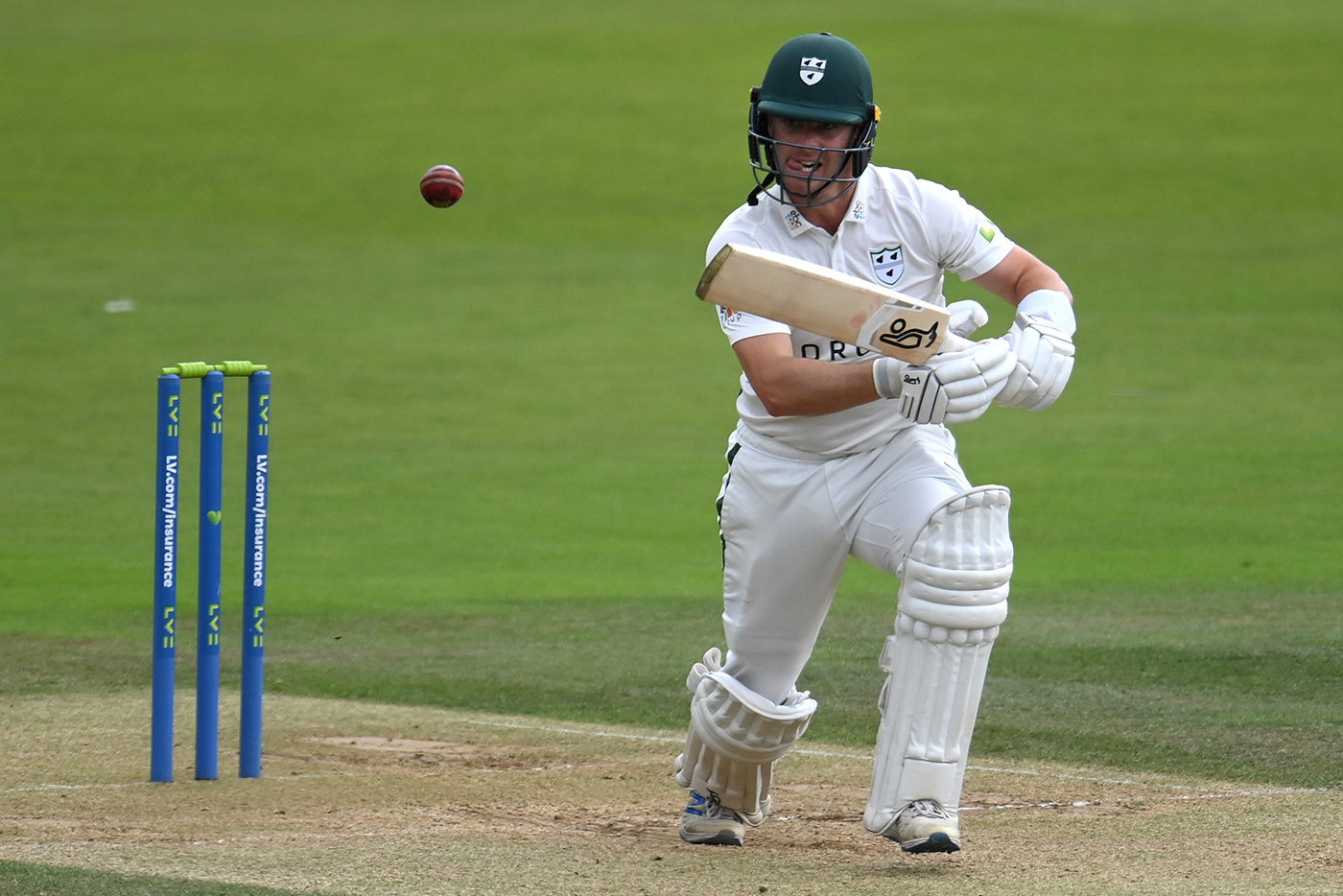

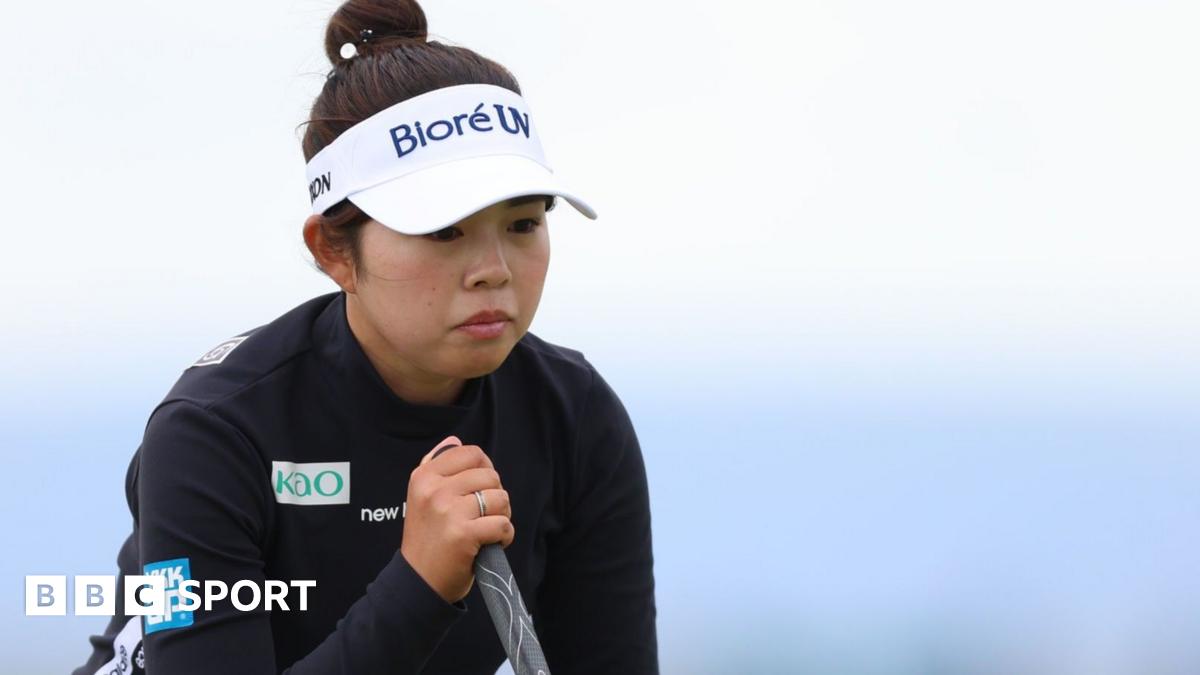
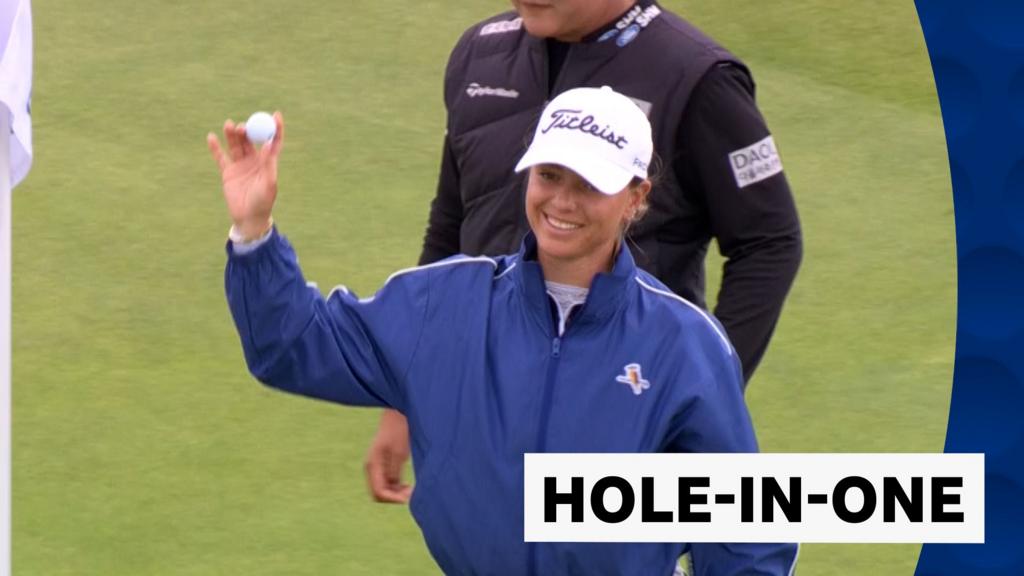
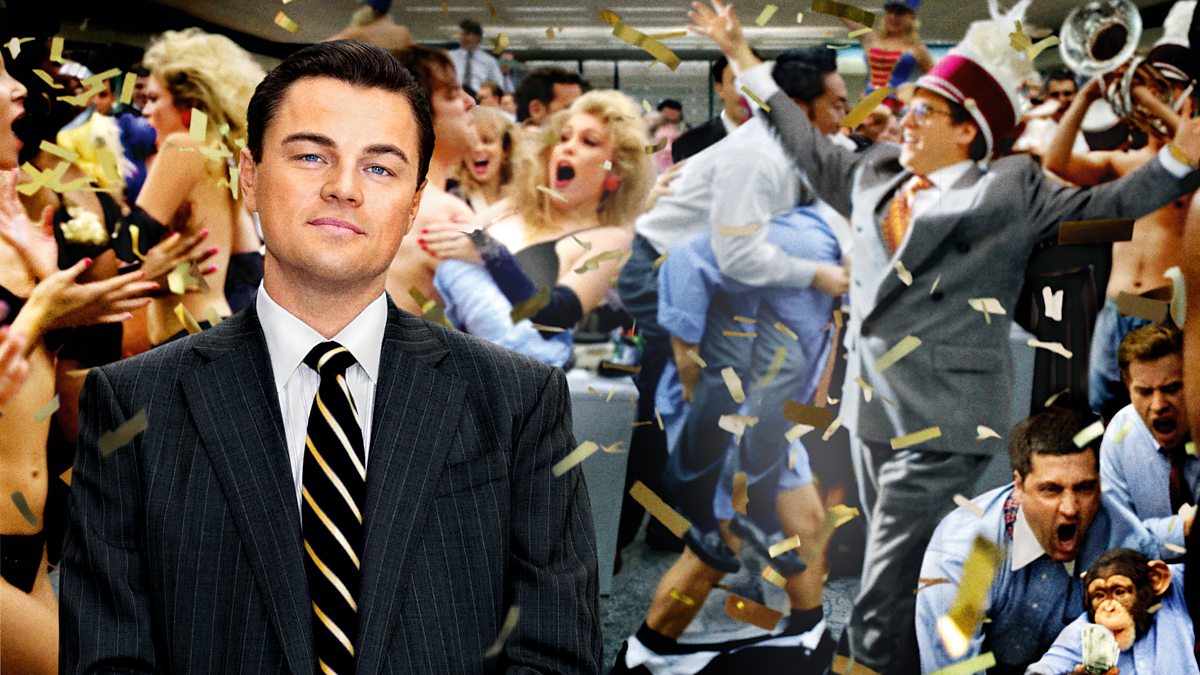




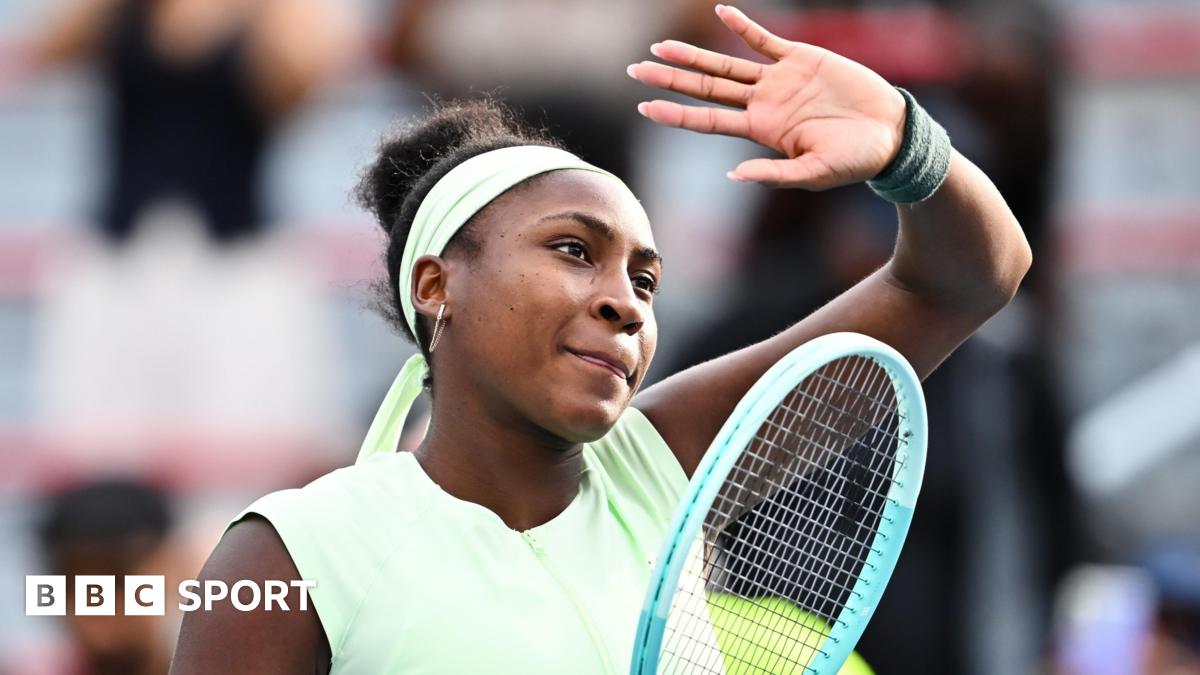

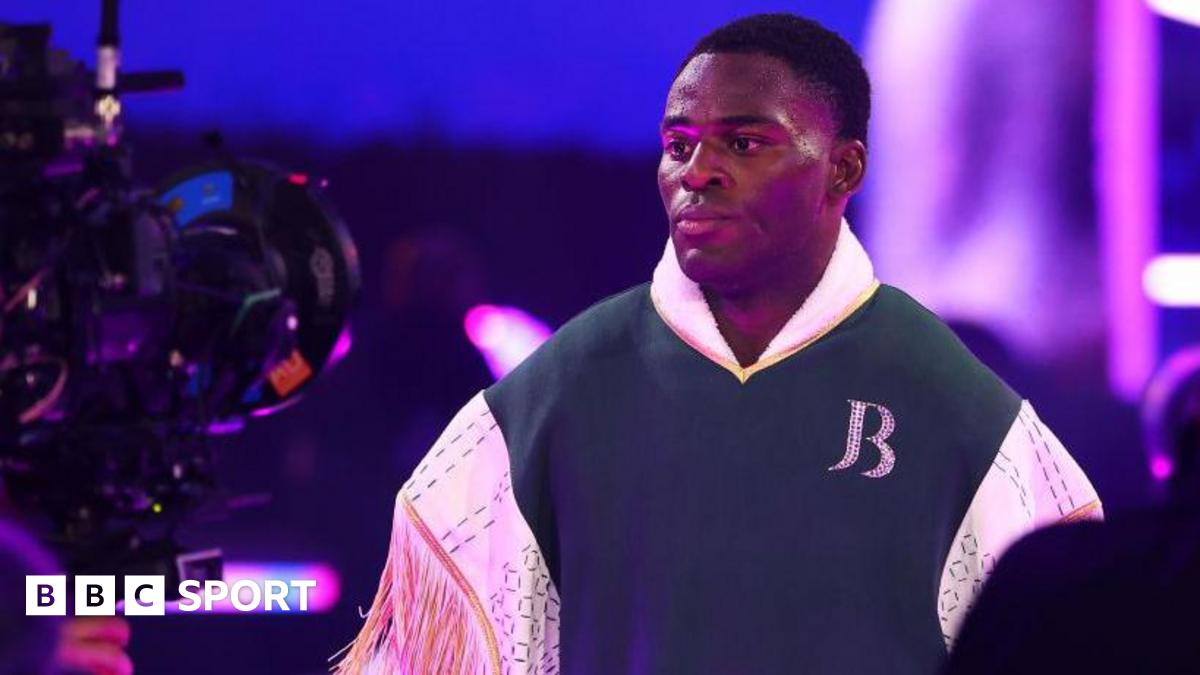
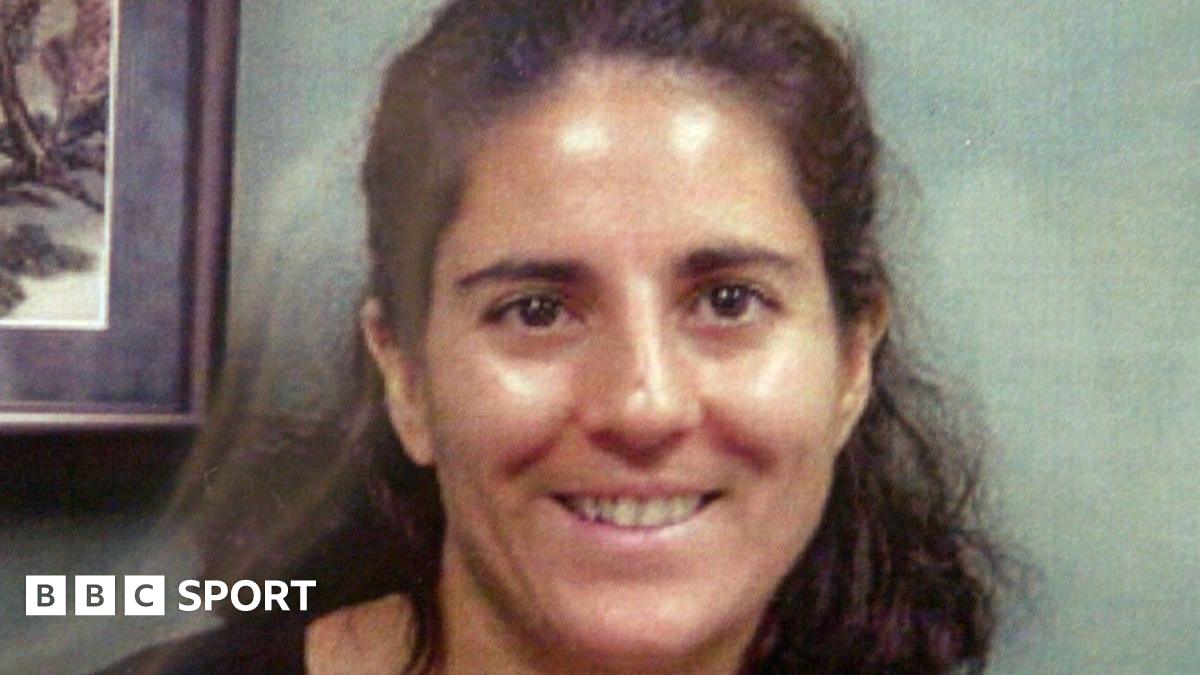


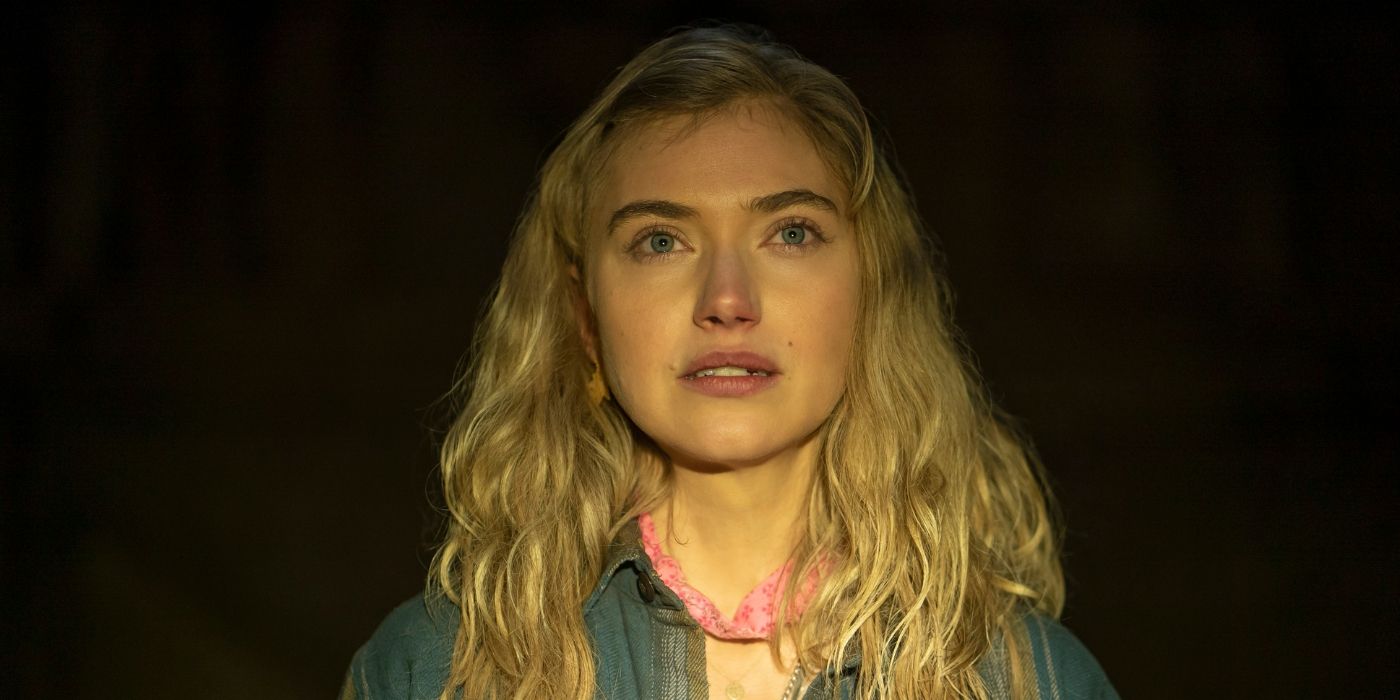

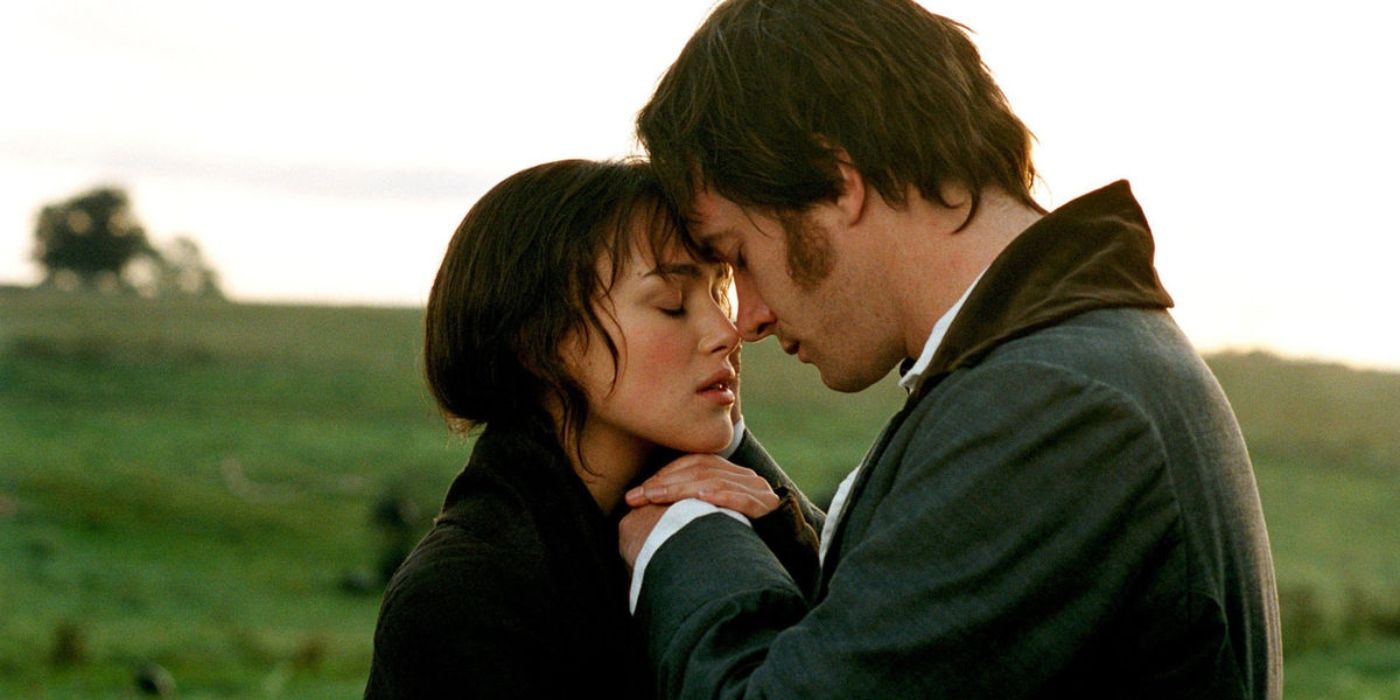



![MYLLO’s “Burned” captures the dark side of toxic love and heartbreak [Music Video]](https://earmilk.com/wp-content/uploads/2025/07/MYLLO-800x379.jpg)

